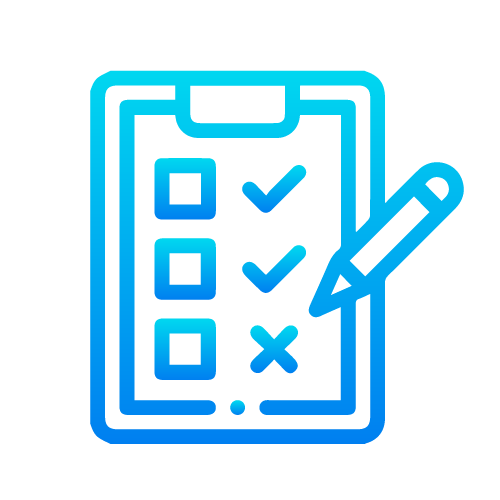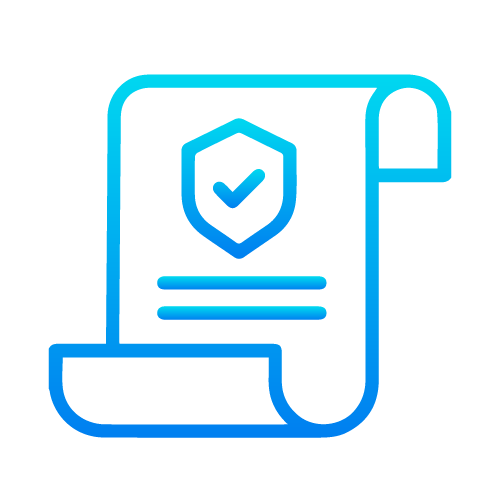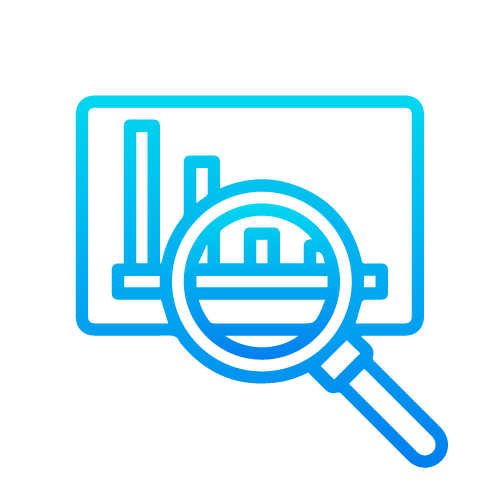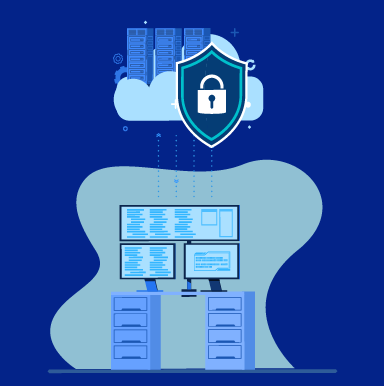Our Approach to PDPA Singapore

Singapore PDPA Application Assessment
Our team assesses your application for confirmation to PDPA requirements such as Data Portability, User Consent, Effective UI design, etc.

User Training
Our team of experts will conduct User Training programs for all personnel covered in scope on their specific PDPA Compliance responsibilities. Training materials for future use shall be provided.

Documentation Support
Develop effective documentation for your organization as per PDPA requirements.

Policy Rollout Support
We will help you build and rollout effective policies and procedures for your organization, pertaining to PDPA Compliance.

Initial kick-off
We sit with your team to understand your business processes and the environment to consolidate the requirements against the PDPA.

PDPA Singapore Compliance Audit
After a reasonable gestation period, a separate team of experts conducts a Pre-assessment of your setup and ensures all measures are implemented.

Scope Definition
Our team will based on your business and understanding define the scope for PDPA compliance.

Certification/Attestation
Once all controls are confirmed to be in place, we will be issuing a legally admissible "PDPA Compliance" Certificate for your organization.

GAP Analysis
Identify gaps in your organization’s security control, systems, and environment vis-à-vis PDPA requirements.

Continual support
If required we can extend our continual support by offering you Managed Compliance Services to help your organization stay certified.

Awareness Training Program
We conduct an awareness training program to help your employees understand the PDPA compliance Regulation and its requirements.

Data & Asset Classification
Identify your sensitive personal assets, classify them, and create/update the Asset inventory.

Risk Assessment
Our team conducts a comprehensive Risk Assessment to identify weak areas that could be exploited and lead to an incident of the breach.

Risk Treatment
Our team helps you build strategies and appropriate Risk Treatment measures to help bridge gaps and strengthen security systems. We also assist you in developing and implementing a data breach management response that can blend with your existing Incident Response Plan.

